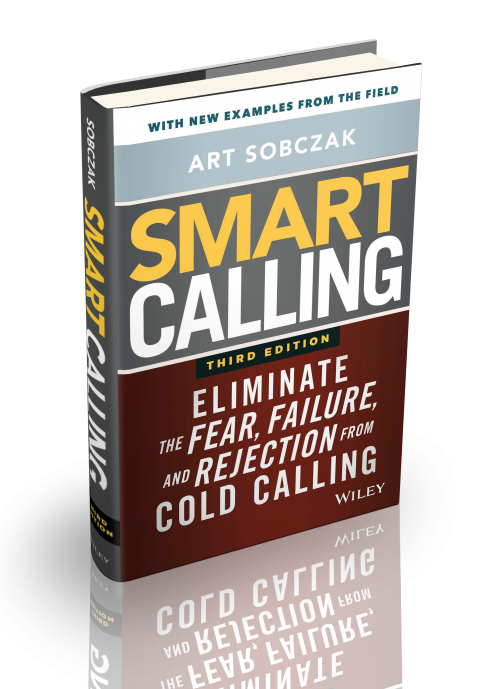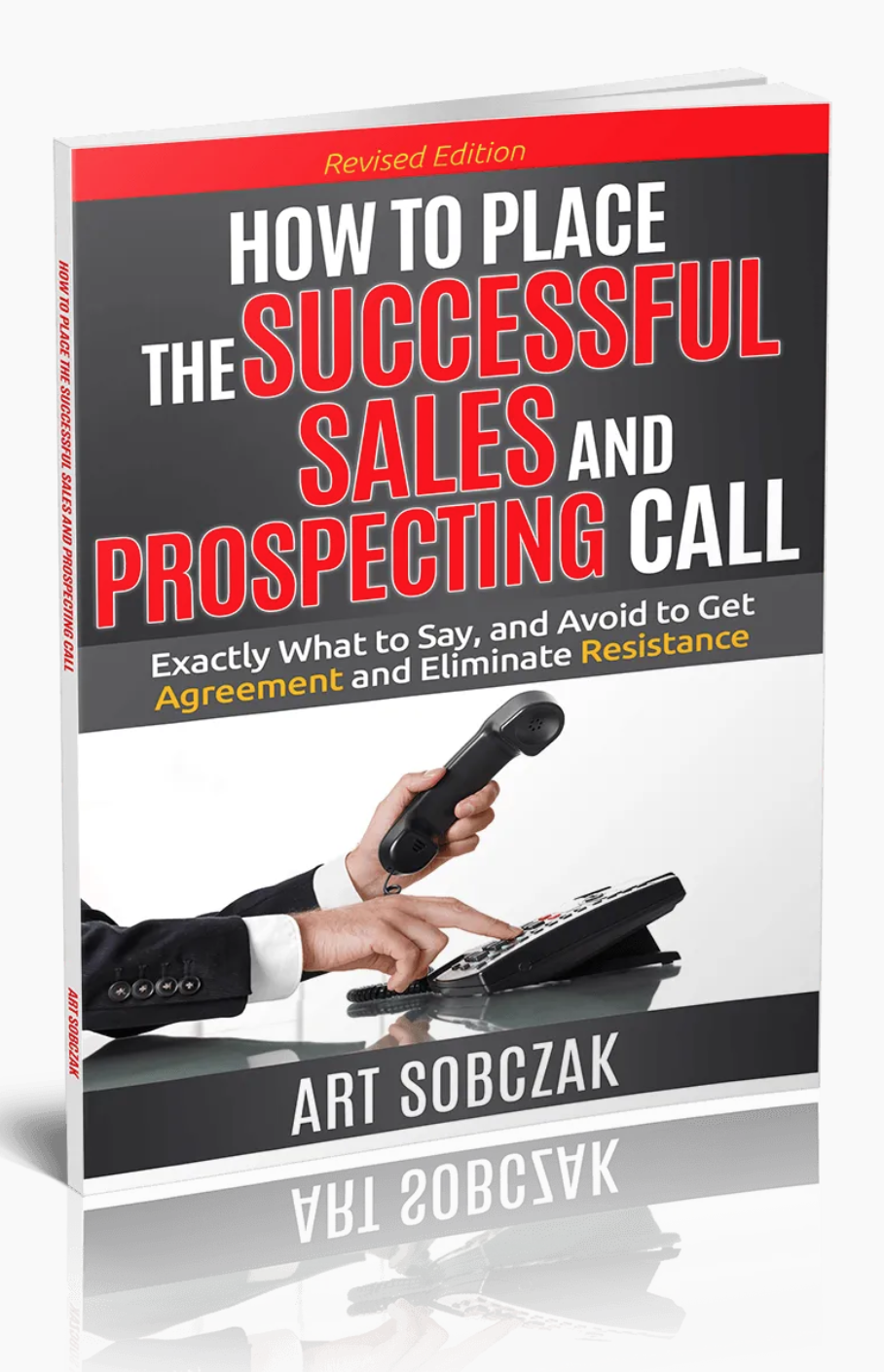I recently had an opportunity to really study human interaction. Up close. For an extended period.
I was on a houseboat trip to the amazing Lake Powell with about 20 people… young children, teens, millennials, and every age range on up to high-50’s.
Some of the people I knew well, others I just met, and made some new friends.
When you are in close proximity to people for several days, for the most part either on a boat or an island, there are lots of interactions to experience, and learn from. I particularly focused on how people listened. Or more accurately, how they didn’t.
I observed a lot of,
- Kids not listening to their parents.
- Parents not listening to their kids.
- Spouses not listening to each other.
- People in general not picking up on a conversational cue to ask more questions about what the speaker just said, and instead turning the conversation to their own experience about the topic.
We all have been in that situation.
“I just had a root canal and boy was it a botched job…”
“Oh really, I had a root canal last year and …”
Not picking up on cues in social or family situations has its own consequences. When it happens in sales conversations it can cost money.
Lost sales.
Too often when I listen to sales reps’ calls, the prospect clearly states a need or a problem they have. Then the rep jumps in and talks about himself, his products, or asks an unrelated question.
Missed opportunity.
When you turn the conversation to yourself, or otherwise don’t encourage the prospect to continue talking about what he just hinted at, you deprive yourself of a chance to learn more, and to alter the state of mind of the speaker.
If someone told you they just had a botched root canal, they want to tell you more about it. Jumping in and talking about yourself inhibits them from wanting to speak more at that moment, and lessens their desire to want to share with you personally.
But, when you question them about what they just hinted it, with a simple, “Oh, tell me about that,” you now have them not only sharing information with you, but they personally are reliving the experience and the pain. And they find you more interesting.
You have opportunities to do this on your calls.
Especially listen for “problem/trigger words.”
These words are signs that your prospect/customer has, or perceives, a problem.
They just might not explain it fully without your prompting.
Listen for,
“We need to …”
“We’re thinking about…”
“We’re considering…”
“We’re noticing…”
“The challenge is…”
“We’re planning on…”
“The problem is…”
These are all invitations for you to zero in on these areas to root out the specific reasons they will buy from you. Instead of jumping in and talking about yourself or your product, encourage them to keep going.
For example,
“Tell me more about that…”
“Let’s discuss that a little more…”
“What do you think is causing that?”
“What other effects is that having?”
The result will be them revealing better information. They will become more emotional about it too, falling deeper into a state of mind where they are feeling what they are talking about.
And of course you want to quantify their pain or problem whenever you can:
“How long has that been going on?”
“How often does that happen?”
“What is that costing you?”
The keys to success here?
1. Listen as if your livelihood depended on grasping every word that comes from your prospect/customer.
2. Take notes and write down the SPECIFIC terminology they use, so you can repeat it back to them in your questioning, and eventual recommendation.
3. Do NOT jump in with your recommendation until you have fully developed an understanding of their issue. Which also carries the benefit of them thinking more about the problem, therefore making them more receptive to your suggestion.
Be more interested in others, and they will be more interested in you.
PS. If you want to take your sales and income to the next level, while having success with more of your calls and while minimizing resistance, join us in the next session of the Smart Calling College virtual training workshop. You will build your successful prospecting and sales call, step-by-step, and I will help you personally. The course opens up July 10.
Get complete details here.















{ 0 comments… add one now }